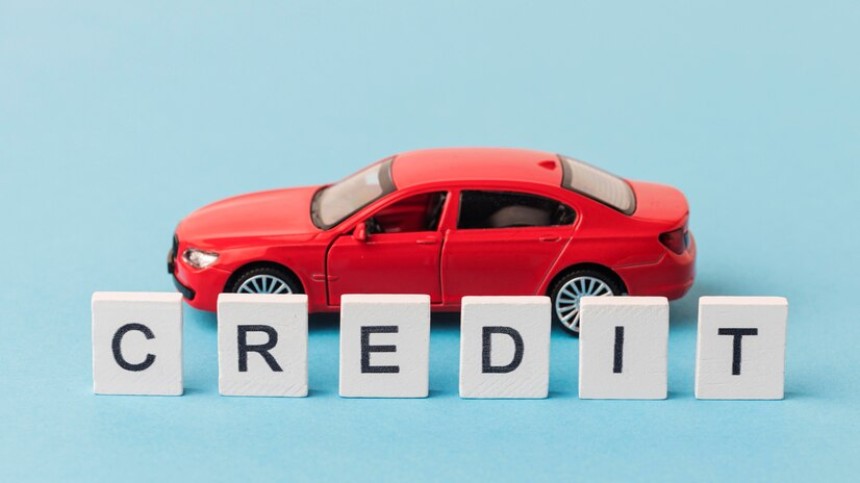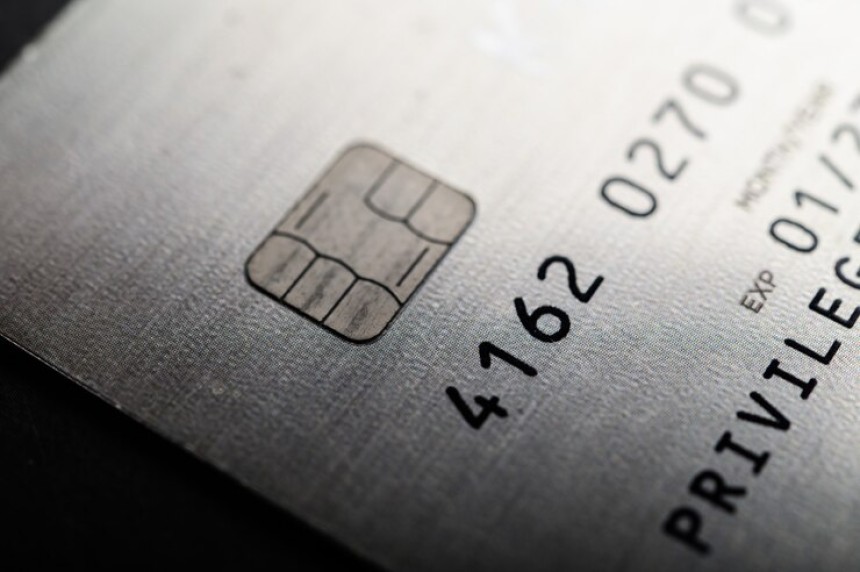
Get Financial Assistance For Car Repossession
You may be eligible for financial assistance for car repossession. There are many options available to regain or prevent your repossession. See what to do for financial help.
Car repossession can be a distressing experience, often leaving individuals feeling overwhelmed and unsure of their options. If you're facing repossession or have already had your vehicle taken back by the lender, it’s essential to know that assistance is available. This article will guide you through various options for obtaining financial help, strategies to prevent repossession, and resources you can access.
Understanding Car RepossessionCar repossession occurs when a lender takes back a vehicle due to the borrower’s failure to meet the payment terms of a loan or lease. The process is typically outlined in the loan agreement and can happen without a court order in many states, making it crucial for borrowers to understand their rights and responsibilities.
Signs You May Be Facing Repossession- Missed Payments: If you've missed one or more payments, your lender may start the repossession process.
- Late Notices: Frequent notices from your lender about late payments can indicate impending action.
- Communication from Debt Collectors: Contact from debt collectors might signal that your account is being escalated.
- Communicate with Your Lender:
- Contact your lender as soon as you anticipate missing a payment. Explain your situation and see if they can offer a grace period or alternative payment arrangements.
- Know Your Rights:
- Familiarize yourself with state laws regarding repossession. Some states require a notice before repossession can occur, while others may have specific guidelines about how repossession should be conducted.
- Explore Financial Assistance Options:
- There are various resources available that can help you manage your situation.
- Government Programs:
- Temporary Assistance for Needy Families (TANF): If you qualify for this program, you may receive funds that can be used for basic necessities, including car payments.
- Local Government Assistance: Many local governments offer emergency financial assistance programs for residents facing financial hardship.
- Nonprofit Organizations:
- Salvation Army: They may provide financial assistance or help with negotiating debts.
- United Way: This organization can connect you with local services, including financial counseling and assistance programs.
- Local churches and community organizations: Many offer assistance to those in need, including help with utility bills, housing, and transportation costs.
- Credit Counseling Services:
- Nonprofit credit counseling agencies can help you create a budget, manage debts, and negotiate with lenders. They may also provide debt management plans that can make your payments more manageable.
- Personal Loans:
- If you have a good credit history, consider applying for a personal loan. Use the funds to catch up on your car payments to avoid repossession. However, be cautious about accruing more debt.
- Peer-to-Peer Lending:
- Platforms like LendingClub or Prosper allow individuals to borrow money directly from other people. If you’re in a bind, this could be a viable option to gather the necessary funds quickly.
- Crowdfunding:
- Websites like GoFundMe can help you raise funds from friends, family, and strangers for specific needs, including avoiding repossession.
- Short-Term Loans:
- Some lenders offer short-term loans or payday loans, but these often come with high interest rates and fees. Exercise caution with this option.
If you’re at risk of repossession, taking proactive steps can help you keep your vehicle:
- Negotiating Payment Plans:
- Propose a new payment plan to your lender. They may be willing to adjust your payment schedule to prevent repossession.
- Refinancing Your Loan:
- If possible, refinance your auto loan to secure a lower interest rate or reduced monthly payment. This can make your payments more manageable.
- Selling the Vehicle:
- If you believe you cannot keep up with payments, consider selling the car yourself. Selling may allow you to pay off the loan balance and avoid repossession altogether.
- Voluntary Repossession:
- If you know you can’t keep making payments, you may choose voluntary repossession. This involves returning the car to the lender before they take action. While this may still impact your credit, it can reduce additional fees and penalties.
- Bankruptcy:
- Filing for bankruptcy may provide a temporary reprieve from repossession, as it places an automatic stay on all collection actions. However, it’s crucial to understand the long-term implications of bankruptcy and to consult with a legal expert.
- National Foundation for Credit Counseling (NFCC): Offers credit counseling and financial education.
- Consumer Financial Protection Bureau (CFPB): Provides resources and information on managing debt and understanding consumer rights.
- Local Legal Aid Societies: Can provide legal advice and representation regarding repossession issues.
Facing car repossession is a challenging situation, but you have options available to seek financial assistance and mitigate the risk. By understanding your rights, communicating effectively with your lender, and exploring various resources, you can find a path forward. Whether it’s through government assistance, nonprofit organizations, or legal advice, taking proactive steps can help you regain control of your financial situation and keep your vehicle. Remember, you are not alone in this struggle, and there are resources and people ready to help you navigate these tough times.





